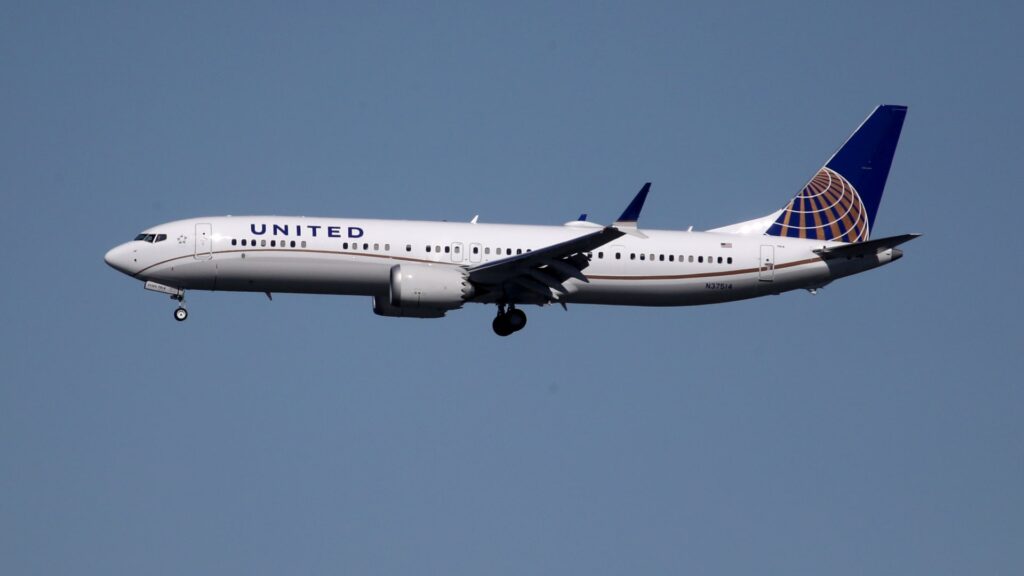Shares of Boeing fell in premarket trade Monday, as markets digested the news that the Federal Aviation Administration had ordered a temporary grounding of dozens of Boeing 737 Max 9 aircraft.
Shares were down more than 8% in early hours trading by 5:05 a.m. ET.
The Federal Aviation Administration on Saturday said around 171 planes worldwide would be affected by its emergency airworthiness directive, which requires aircraft to be inspected before flying again. The order applies to U.S. airlines and carriers operating in U.S. territory.
It was issued after a piece of a plane blew out in the middle of an Alaska Airlines flight on Friday.
Images shared on social media showed a hole in the side of the aircraft and passengers using oxygen masks. The flight — Alaska Airlines Flight 1282 — returned to Portland shortly after departing for Ontario, California.
The National Transportation Safety Board has launched an investigation into the blowout.
“Safety will continue to drive our decision-making as we assist the NTSB’s investigation into Alaska Airlines Flight 1282,” FAA Administrator Mike Whitaker said in a statement.
Of the 171 aircraft grounded under the directive, United Airlines has 79 and Alaska 65, while the remaining 74 are spread across six other airlines. The 178-seater aircraft that suffered a blowout on Friday was delivered to Alaska Airlines on Nov. 11th.
Though large-scale groundings by aviation authorities are rare, the FAA has been keeping a close eye on the Boeing 737 Max since two fatal crashes almost five years ago forced the jetliner’s worldwide grounding.
Russ Mould, investment director at AJ Bell, noted that Friday’s incident is the latest in a “string of problems for the company,” and suggested airlines using 737 Max planes will be “thinking long and hard about their future aircraft requirements.”
Shares of Boeing’s European rival Airbus gained 1.7% by mid-morning on Monday as investors speculated that it could take market share from the U.S. powerhouse.
“There are naturally questions being asked about the quality checks and whether Boeing is trying to do too much too fast,” Mould said.
“Boeing’s management will be under considerable pressure from the regulators and customers to explain what’s going on, which means considerable headwinds ahead for the business. It’s no wonder investors have raced to sell the shares as the risks to the investment case have just shot up.”
This is a developing news story and will be updated shortly.
— CNBC’s Leslie Josephs contributed to this report.
Read the full article here












